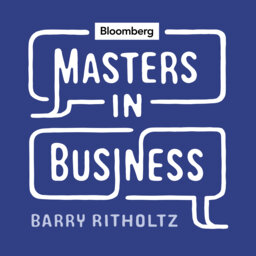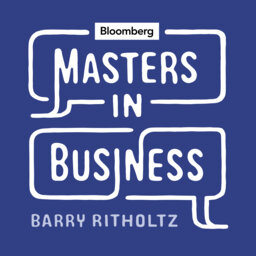Interview With Andrew Lo: Masters in Business (Audio)
Bloomberg View columnist Barry Ritholtz interviews Andrew Lo, director of the Laboratory for Financial Engineering and the Charles E. and Susan T. Harris Professor at the MIT Sloan School of Management. Lo holds a bachelor's degree in economics from Yale University and a doctorate in economics from Harvard University. This commentary aired on Bloomberg Radio.
In 1 playlist(s)
Masters in Business
Barry Ritholtz speaks with the people that shape markets, investing and business.Social links
Follow podcast
Recent clips

Why a Joint Account Can Be a Sign of Healthy Marriage
1:01:20

BONUS: NY Comptroller Candidate Drew Warshaw on Changing the NY State Pension Funds
59:27

Unconventional Real Estate Investments: Masters in Business with Bob Moser
49:26
 Masters in Business
Masters in Business